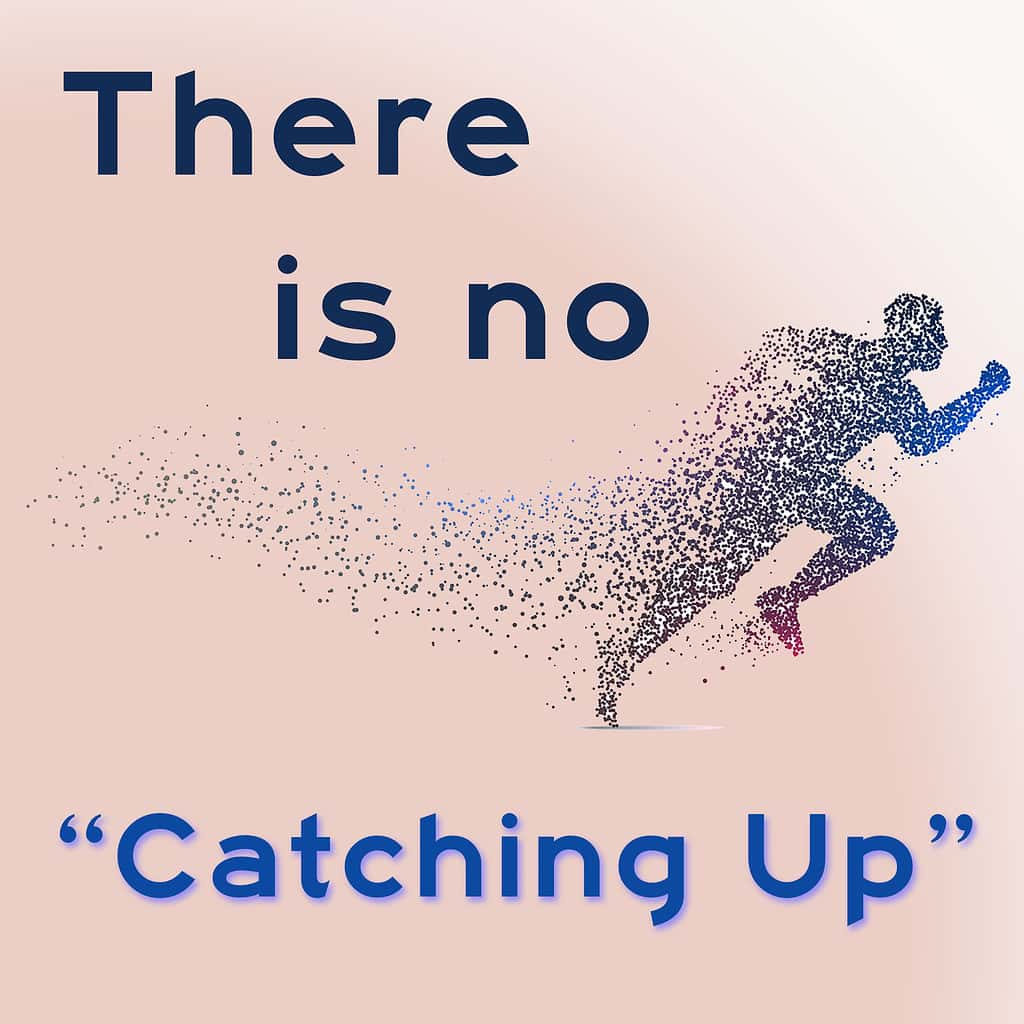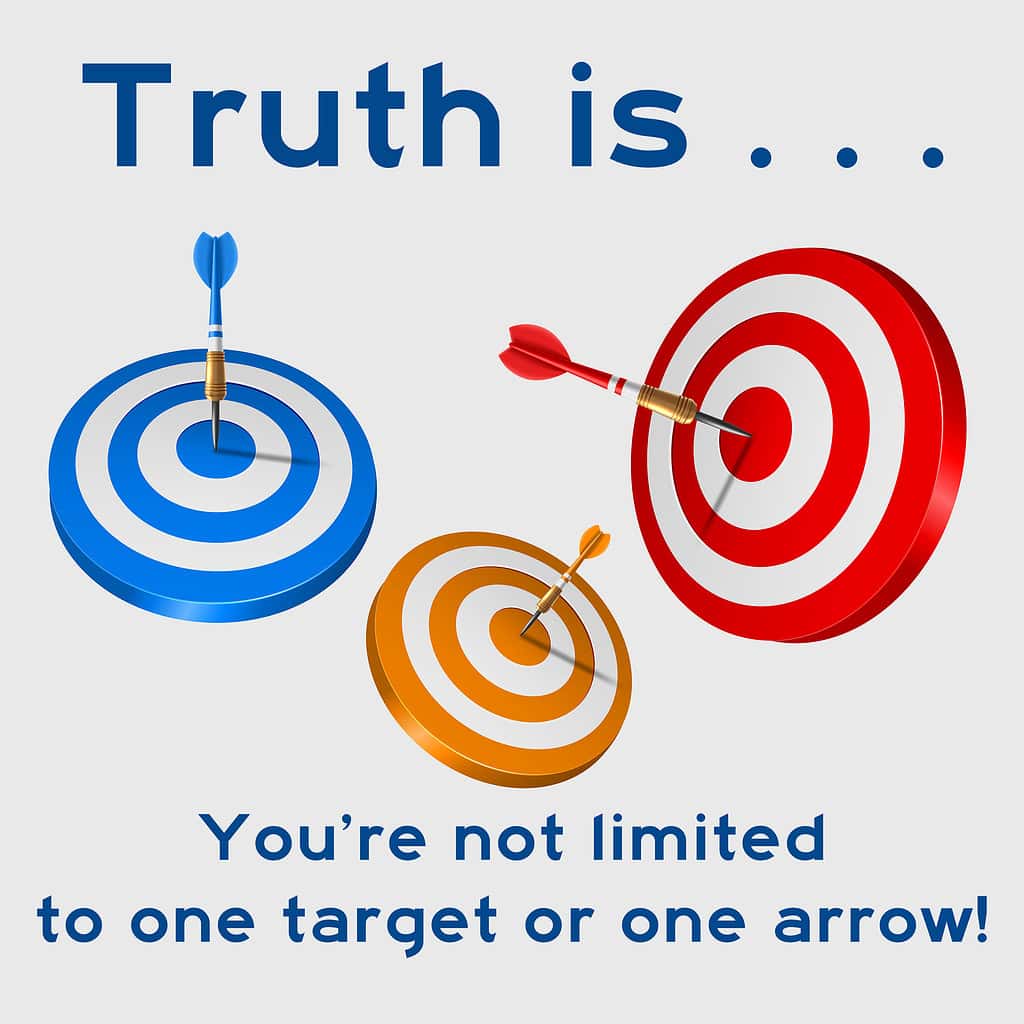A few posts back I talked a bit about how the sender and the receiver each affect the messages that pass between them.
If you haven’t read John Gray’s book Men Are From Mars, Women Are From Venus, you should. In addition to explaining some obvious truths about the species, the book is chock full of examples of communications gone bad.
The simplest phrase can get lost in the human communication process.
The sender and receiver each add attitude, mood, experience, and a dozen other factors to every communication we have. It’s one thing to try to communicate feedback. But innocent little phrases get miscommunicated just as easily.
“That’s a good job.”
“What does he mean? Don’t I always do a good job? I’m such a failure that you have to point out to everyone when I do a good job! You never tell anyone else that they do a good job: Are you getting ready to fire me?”
– – – – –
It would be convenient if everyone just believed every word you say with no interpretation or reading between the lines.
But, alas, they have a lifetime of their experiences, plus whatever personal history with you. These things create filters through which all communications take place.
This is true in personal relationships, business relationships, online communications, in groups, one-on-one, and in every other human interaction.
A few years ago our company decided to let clients know that we really appreciate it when they pay on time. As a small business, this makes a big difference for us. So we drafted a memo and sent it on its way.
Wow! What an uproar. Several clients called to complain. They’d always paid their bills on time. They didn’t need to be told . . . etc.
Others didn’t even notice the communication. They said it was like the generic pages full of notices that show up with credit card privacy inserts. In other words, it was meaningless communication.
So how do you learn to communicate with a variety of people?
Most of us do pretty well. But there’s only one way to be sure that your communication is successful: Ask.
That is, simply reflect back to the other person what you heard them say. I try to do this with clients, especially regarding action items during a meeting.
At the end of a meeting, say something like, “Here’s what I understand that we agreed on . . ..”
In conversation, try “I heard you say . . ..”
What ensues is a back-and-forth conversation that may be a little uncomfortable at times. After all, you’re going to express what you heard. The other person may well say No, that’s not what they said.
After a little back and forth, you’ll both agree on what was said and what you each want.
And the next conversation will be a little more comfortable.
It would be great if communication were always perfect, or at least easy. But you have to remember that everyone involved is human.
🙂







